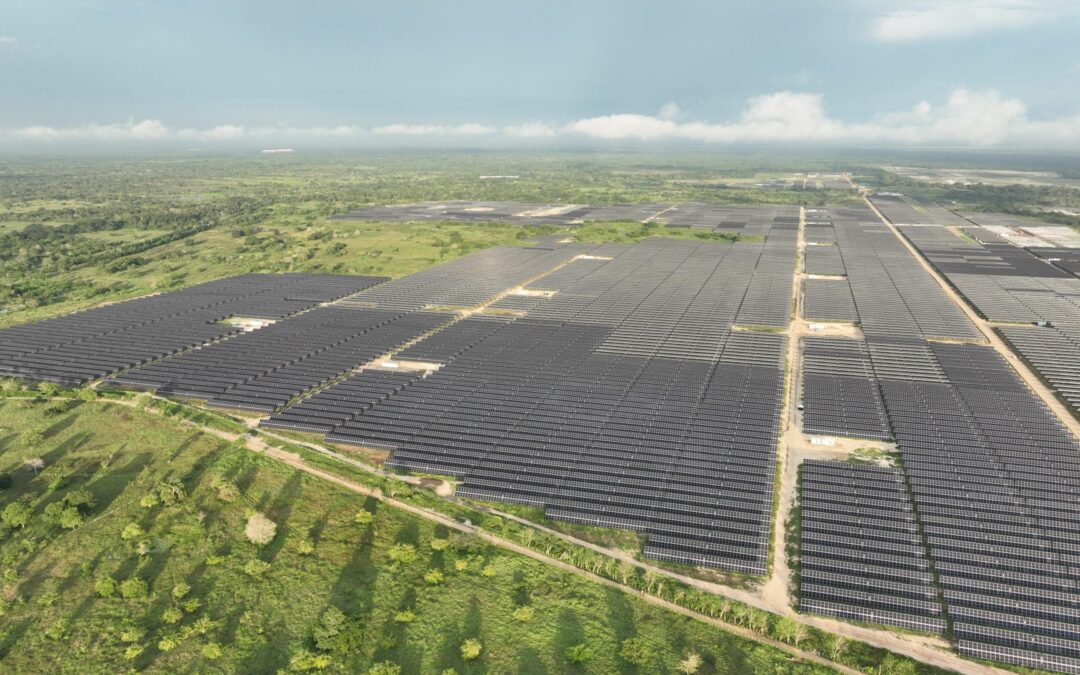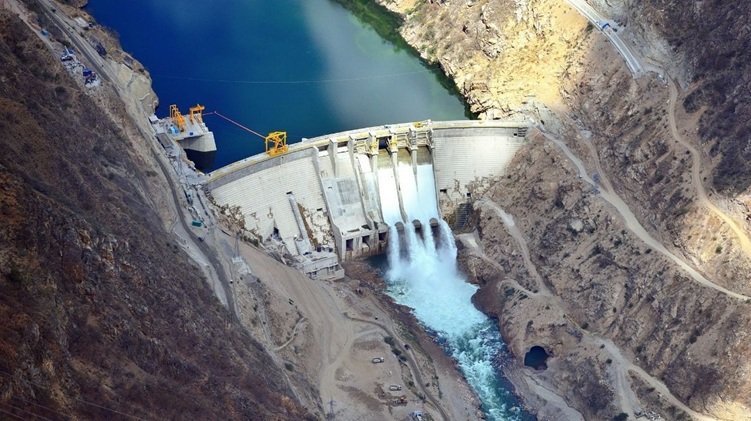Spain has received the largest disbursement approved so far by the European Commission under the Recovery, Transformation and Resilience Plan: a gross total of €24.137 billion, equivalent to €22.926 billion net, broken down into €6.991 billion in grants and €15.935 billion in loans.
This milestone consolidates Spain as the country with the highest fund execution, having already secured €55 billion, or 70% of the total allocated.
However, this progress comes with a significant setback: Brussels has withheld €1.1 billion from the fifth payment due to non-compliance with three essential milestones, one of which is directly linked to energy taxation.
The Commission pointed out that the government failed to align diesel taxation with that of petrol, as previously committed, resulting in a penalty of €460 million. This decision has a direct impact on the green regulatory framework, at a time when fiscal certainty is crucial to accelerate renewable energy investments.
In addition, €40 million has been withheld due to insufficient development of planned investments in regional and local digitalisation—a component which includes improvements in energy efficiency, smart grids, and digital public services, all of which influence clean energy management.
The remaining €626 million in withheld funds relates to the lack of adequate compensation for temporary public sector staff, following a ruling by the European Court of Justice. Although this milestone is not directly tied to renewables, it does affect the overall flow of resources that underpin the public policy environment in which these projects operate.
In this context, the withholding of funds by Brussels reveals a latent regulatory risk for the energy ecosystem. The failure to implement agreed reforms undermines international perceptions of legal certainty in Spain, a key factor for maintaining investor appetite.
The Recovery Plan aims to channel more than €26.6 billion into the green transition, with a significant focus on scaling up renewable technologies, electrification, and green hydrogen development. Delays in some payments, albeit temporary, could hinder projects in tender or implementation phases, particularly those reliant on European co-financing.
Spain now has six months to correct the deficiencies and recover the €1.1 billion withheld. Restoring these funds will be essential to maintain the momentum of the green agenda, especially at a time when renewable energy auctions are beginning to show signs of cooling due to regulatory uncertainty.
The outcome of this situation will not only determine Spain’s compliance with European commitments but also its position in the race for EU energy and climate sovereignty.




























